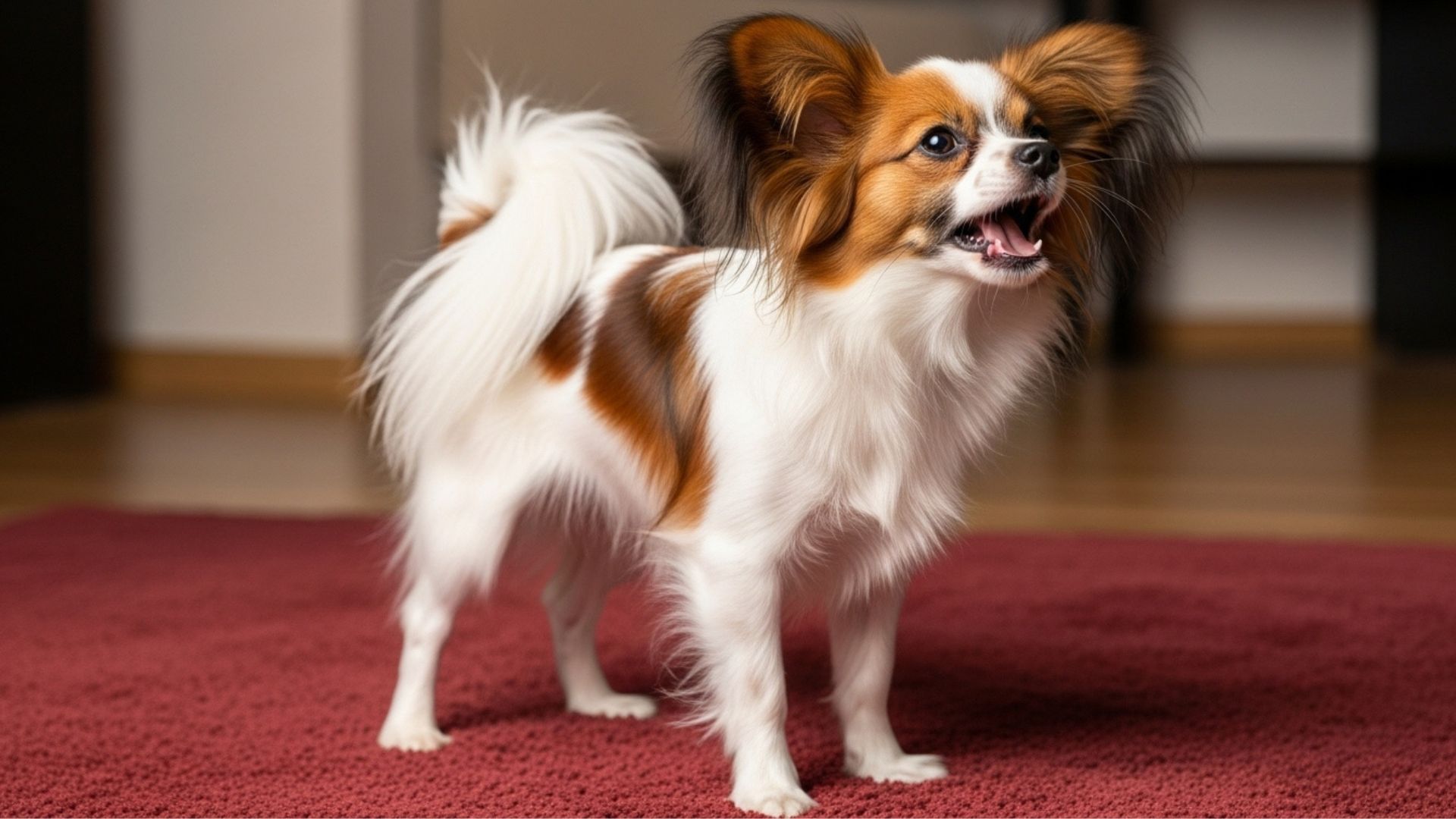Dogs have always been our loyal companions, protectors, and entertainers — and sometimes, our very own home alarm systems. Barking is a natural part of how they communicate, whether they’re warning us of something unusual, greeting us after a long day, or simply expressing excitement.
Before bringing a dog home, it’s worth thinking about how much noise you’re ready to live with. Some breeds are naturally calm and quiet, while others have plenty to say — and they’re not shy about saying it!
A chatty pup can be great if you live in a big house or need a good watchdog, but in an apartment or with light sleepers around, that constant chorus of barks might become a challenge.
Interestingly, according to studies, dogs use different bark patterns and pitches to express emotions like fear, excitement, or territorial behavior. So when your dog “talks,” there’s usually a reason behind it! Still, some breeds are simply wired to be louder than others.
Let’s take a closer look at the noisiest dog breeds that can fill your home — and sometimes your entire neighborhood — with their nonstop barking.
Key Takeaways
Meet the Beagle, Husky, and Chihuahua — the dogs that can turn any quiet room into a concert.
See how Dachshunds, Mini Schnauzers, and Yorkies use their voices to express every feeling.
Find out why Westies, Pomeranians, and German Shepherds take their watchdog roles a little too seriously.
Learn what makes each breed stand out and why their voices are just as unique as their personalities.
Noisiest Dog Breeds You Should Know About
1. Beagle
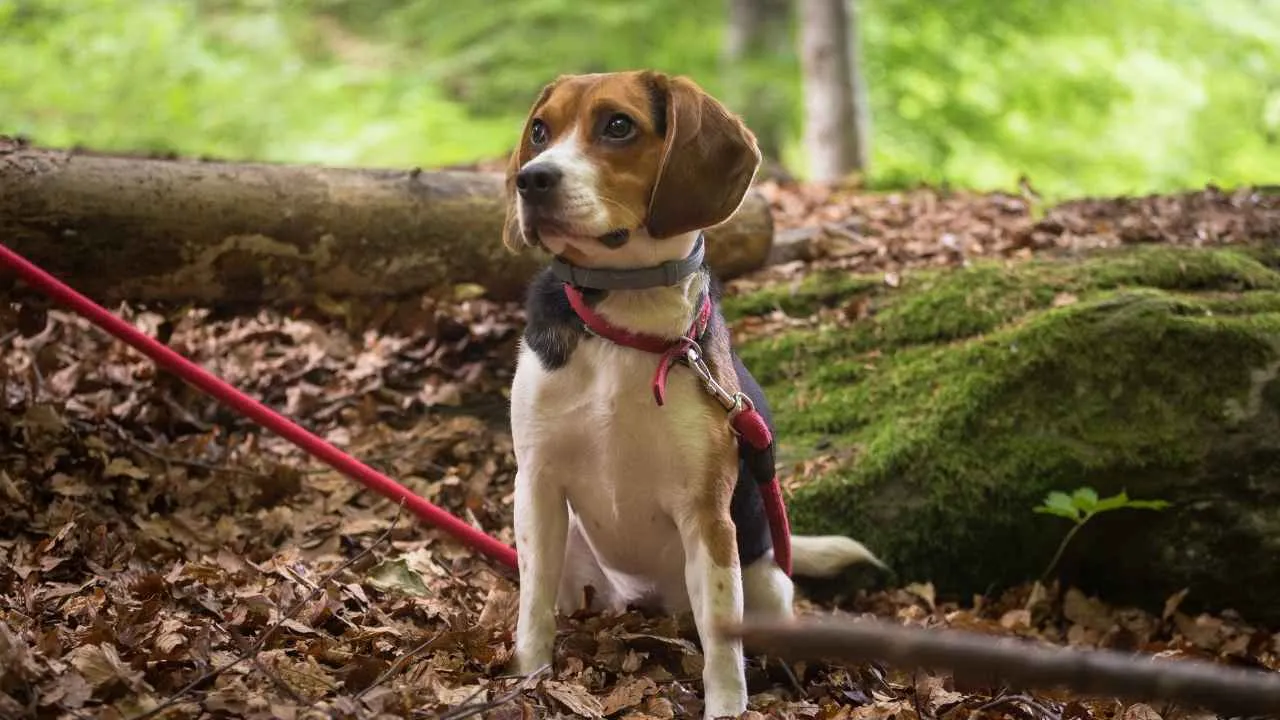
Beagles are one of the most loved dog breeds in the world. They’re friendly, gentle, and great with children, which makes them a family favorite. But behind that adorable face is a dog with a very loud voice.
Beagles were originally bred for hunting, where they would howl to alert hunters to their location and prey. That strong instinct to “speak up” is still part of who they are today.
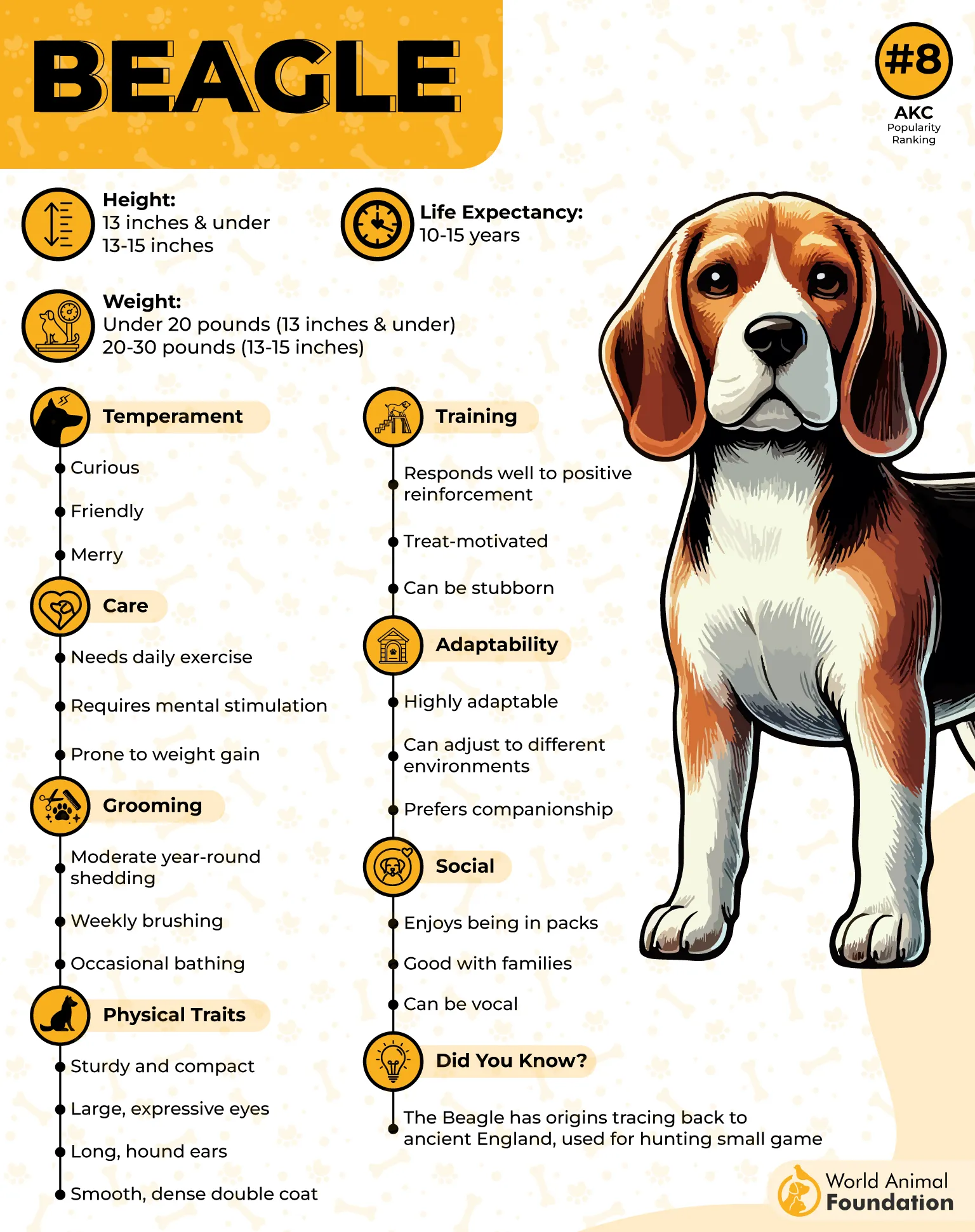
Why Beagles Bark So Much
Beagles are natural pack animals. They love to communicate, and barking or howling is their way of staying connected. Their unique “bay” — a mix between a bark and a howl — can reach up to 100 decibels.
That’s about as loud as a motorcycle! Even though most Beagles today aren’t hunting, they still use their voice to show excitement, boredom, or loneliness.
Fun and Noisy Facts
Born talkers: Beagles howl, bark, and bay to express emotions.
Loud by nature: Their famous “bay” sound carries far and wide.
Name origin: The word Beagle comes from the French begueule, meaning “open throat” — and it fits perfectly!
2. Siberian Husky
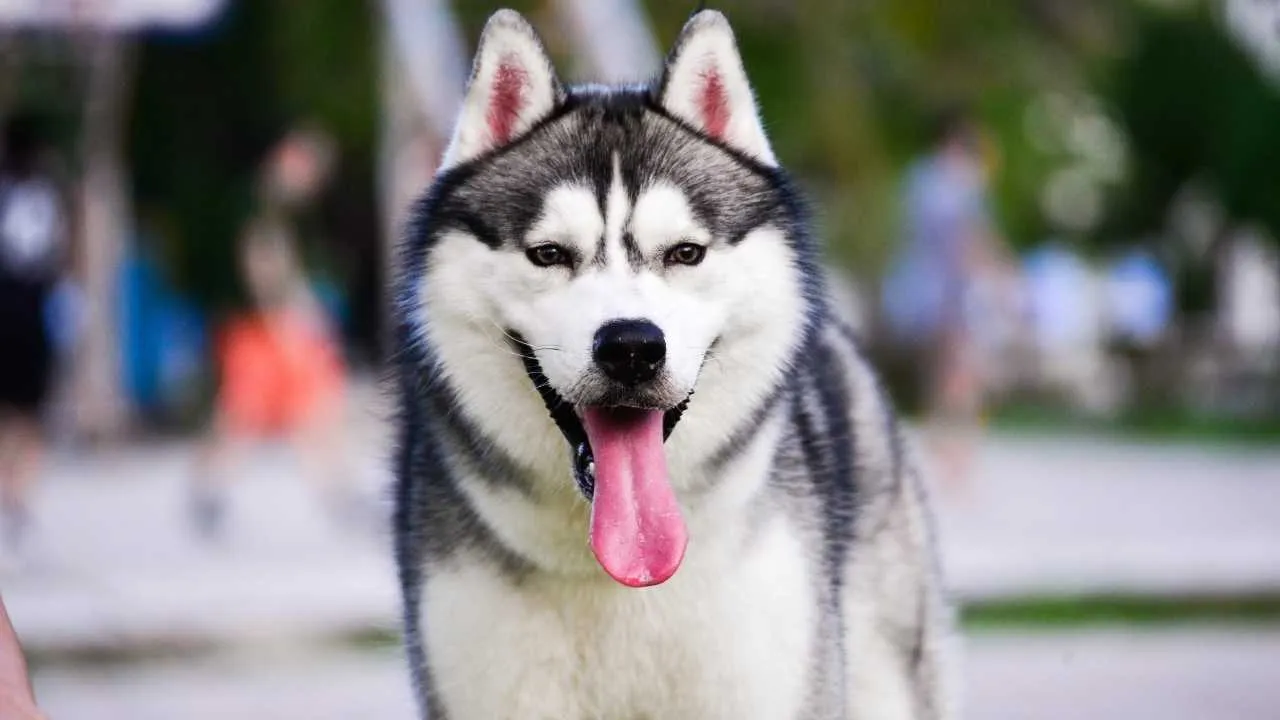
Husky lovers are devoted for life. Once you’ve had one, it’s hard to imagine being without them. The Siberian Husky was bred in the icy lands of Siberia by the Chukchi people to pull sleds across frozen terrain, as mentioned by Britannica.
These dogs weren’t just workers — they were companions and family members. Their strong bond with humans and pack mentality made them excellent team dogs and loyal friends.
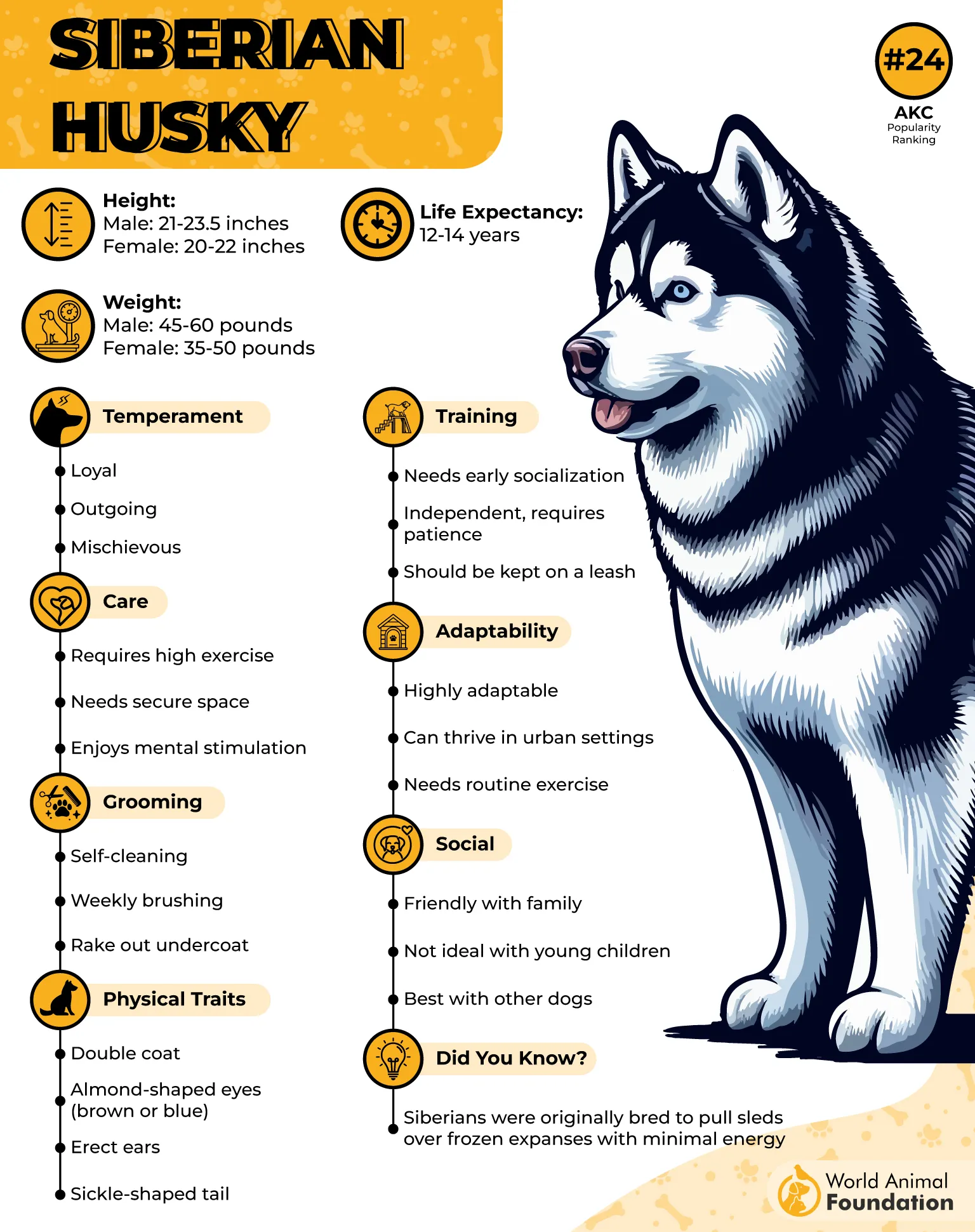
Why Huskies Are So Vocal
Huskies are known for their dramatic vocal range. Instead of constant barking, they prefer to howl, whine, and “talk” to their owners. This comes from their pack heritage — they used vocal sounds to communicate across long distances in the snow.
Their howls can reach around 90 decibels, and they often use their voice to show excitement, stress, or the need for attention. When left alone, they might even hold their own “solo concert.”
Interesting Facts About the Husky
Natural communicator: They express emotions through howls, whines, and even funny talking sounds.
Heroic history: In 1925, teams of Huskies delivered medicine during Alaska’s “Great Race of Mercy,” saving the town of Nome.
Sensitive souls: They’re pack-oriented and dislike being alone, often howling to stay connected.
3. Chihuahua
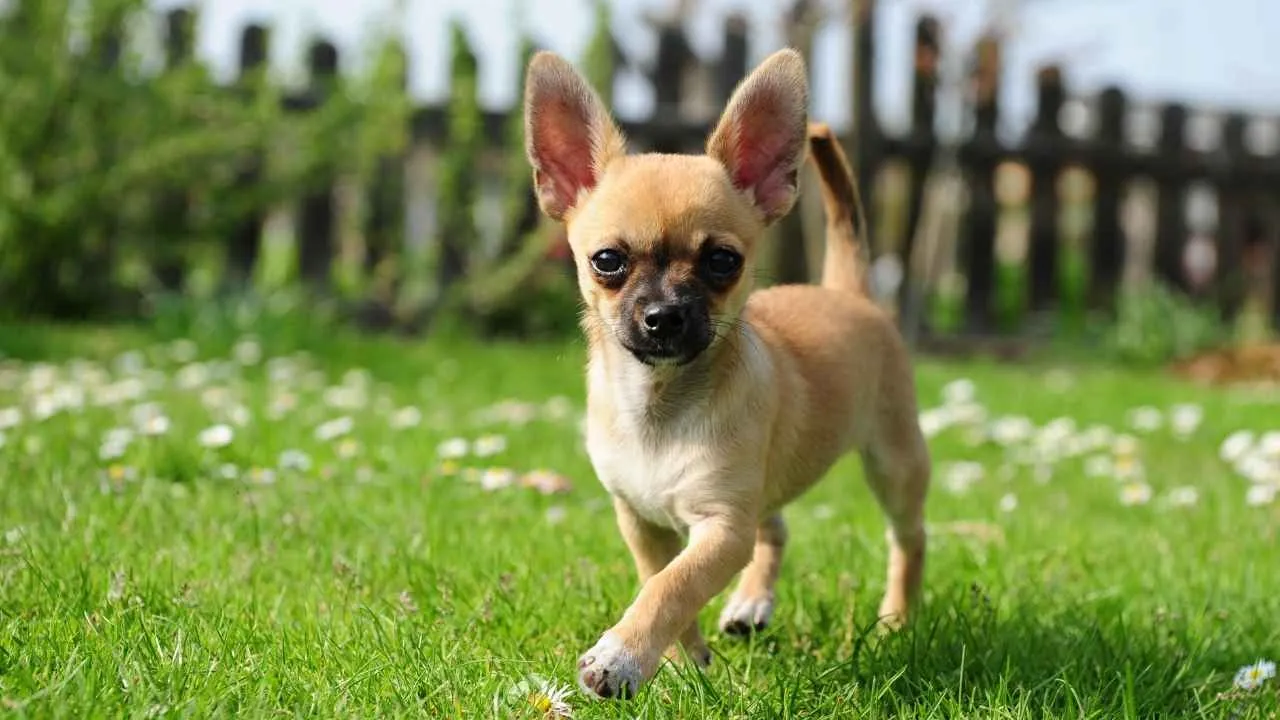
The Chihuahua may be one of the smallest dog breeds in the world, but it certainly doesn’t act like it. Known for its bold and confident nature, this little dog has a big-dog attitude packed into a small body.
Chihuahuas have been popular companions for years, thanks to their loyalty and strong bond with their owners. However, peace and quiet aren’t exactly their strengths.
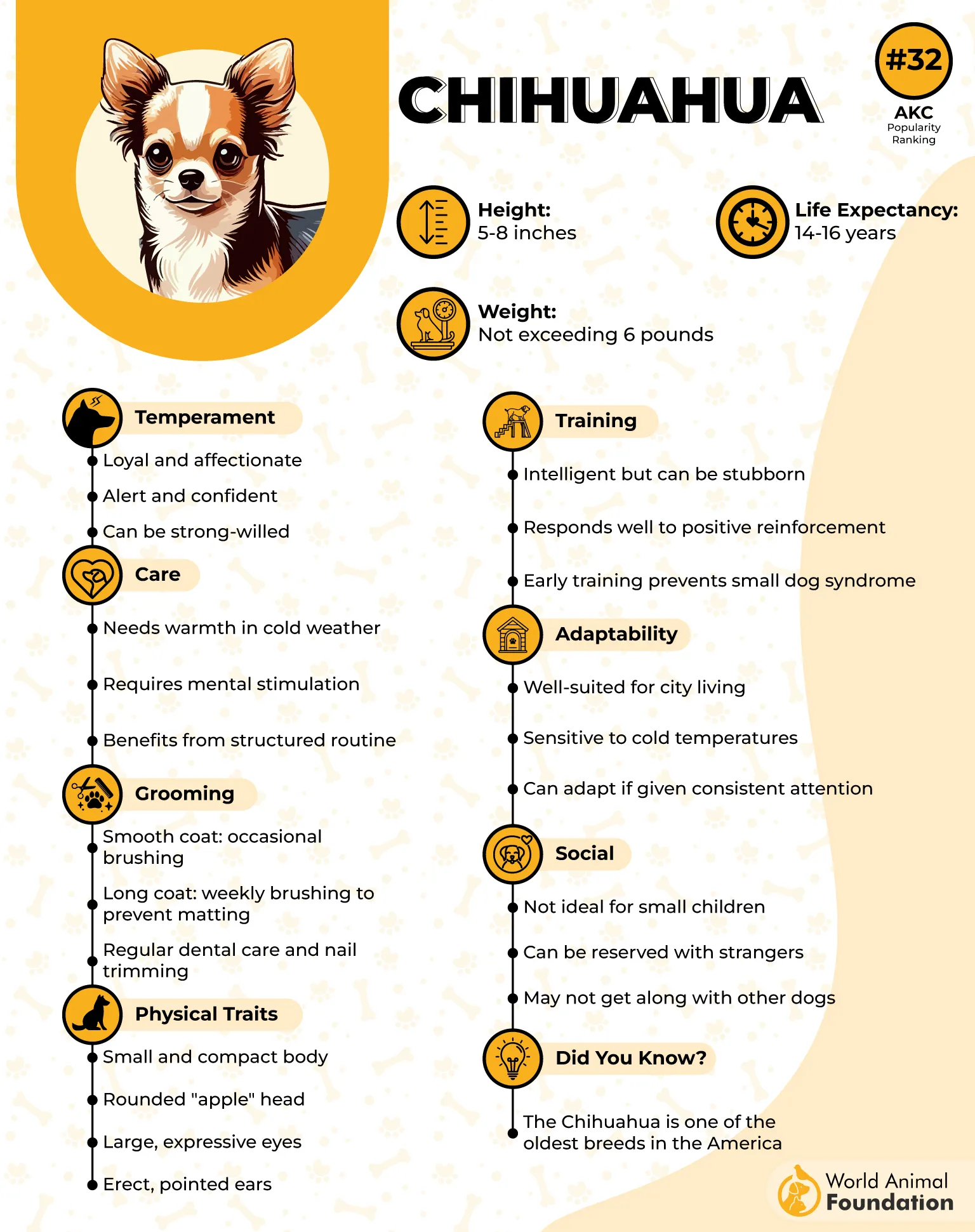
Why Chihuahuas Bark So Much
Chihuahuas are naturally alert and protective. They bark at strangers, loud noises, or sudden movements because they feel it’s their job to guard their people.
Their strong sense of loyalty often turns into overprotectiveness, which can lead to excessive barking. Despite their size, they have surprisingly loud and sharp voices — like a tiny alarm that never misses a beat.
Key Traits to Know
Highly alert: They bark at anything unfamiliar or suspicious.
Attention-seekers: Often bark to express needs or get noticed.
Bold and feisty: Their small size hides a big, fearless personality.
Protective instincts: They act as watchdogs and defend their families fiercely.
4. Dachshund

Don’t let their cute, sausage-like bodies fool you — Dachshunds are brave, energetic, and full of personality. Originally bred in Germany to hunt tunneling animals like rabbits, foxes, and even badgers, these dogs were made for adventure.
Their strong instincts to dig and chase are still part of their nature today. While their popularity has changed over time, they remain one of the most loved dogs in America.
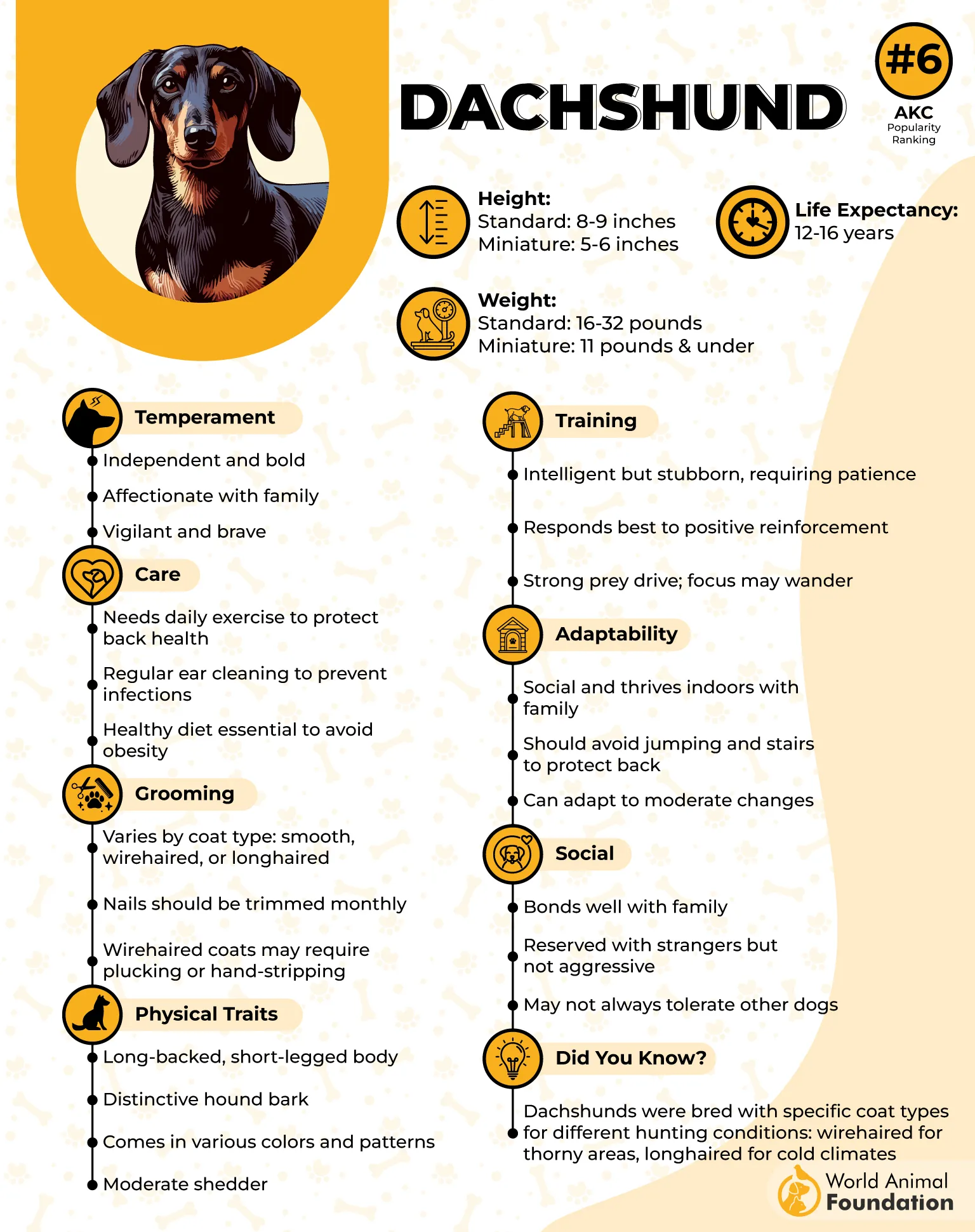
Why Dachshunds Are So Vocal
Dachshunds are natural hunters, and that means they bark — a lot. They use their voice to alert, to express excitement, and sometimes just for fun. Their bark is surprisingly loud and sharp for their size, often described as both high-pitched and powerful.
They bark at anything unfamiliar and can get especially vocal when they sense movement or sound under the ground — a throwback to their hunting days.
What Makes Them Unique
Born hunters: Bred to chase and dig for prey like badgers and foxes.
Distinctive bark: High-pitched yet strong — and used frequently.
Alert and protective: Quick to respond to new sounds or people.
Courageous nature: Fearless despite their small size.
5. Miniature Schnauzer
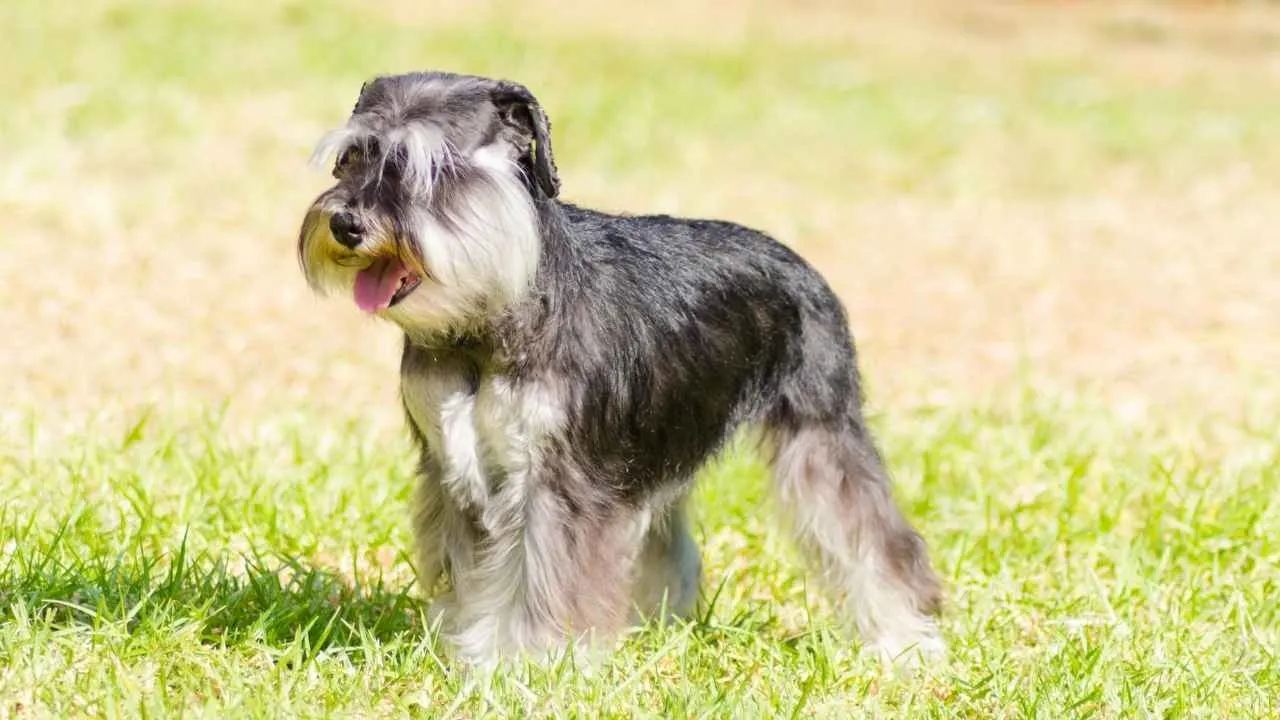
Miniature Schnauzers are cheerful, energetic, and full of personality. Originally bred in Germany to guard farms and chase rats, they were designed to be alert and quick to react.
That strong instinct to protect their territory is still alive in them today. Don’t be fooled by their small size — they take their watchdog duties very seriously.
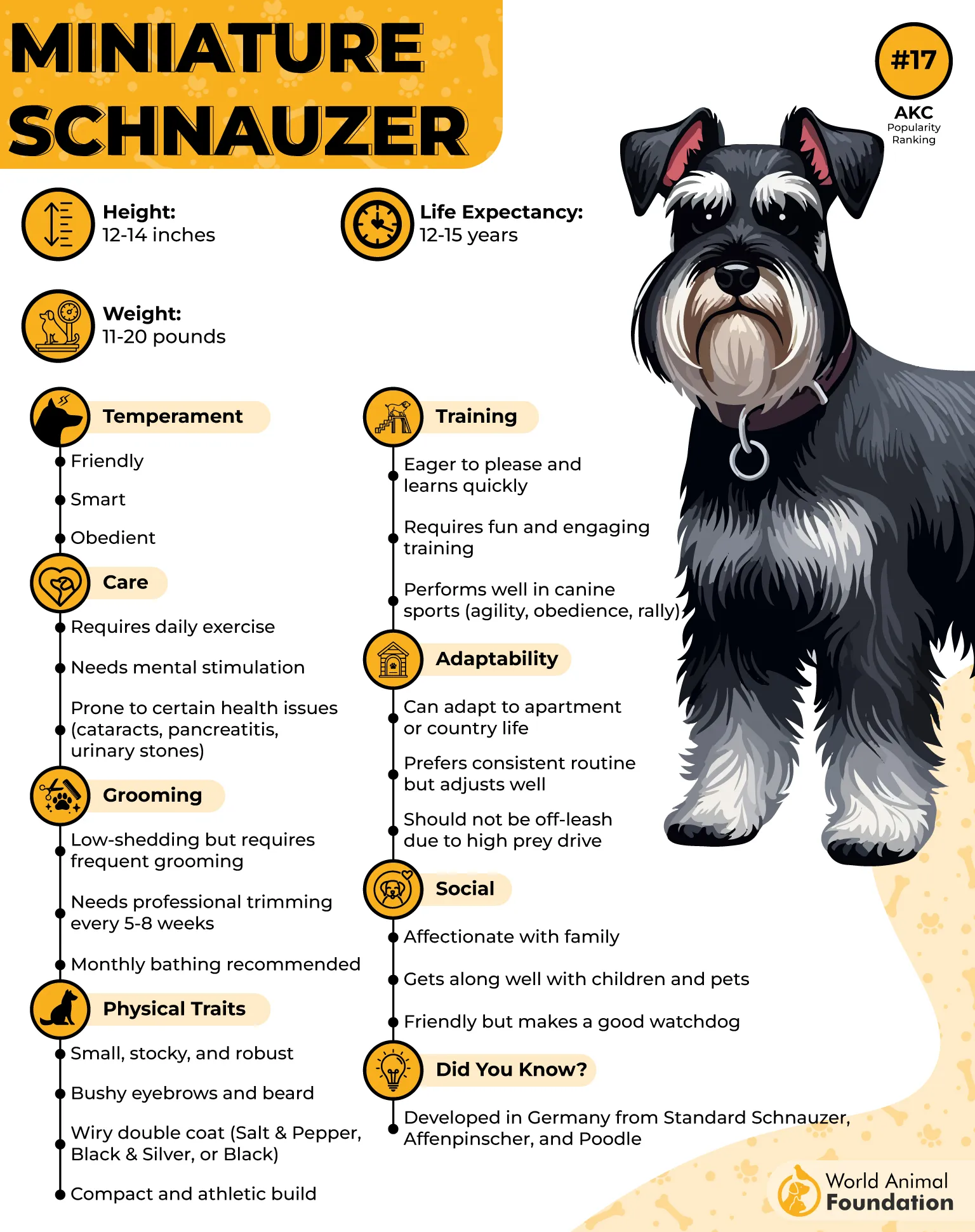
Why Miniature Schnauzers Bark So Much
These little dogs bark to alert their owners to anything unusual. A stranger at the door, a delivery truck, or even a fluttering leaf can set them off. They’re naturally vocal and use barking as their main way to communicate.
Their high intelligence and lively nature also mean they bark when they’re bored or just want attention. Silence, for a Schnauzer, usually means something’s suspicious!
What Makes Them Stand Out
Natural watchdogs: Always on alert and ready to sound the alarm.
Loud barks: Small body, surprisingly loud voice.
Attention seekers: Bark to express excitement or frustration.
High-energy dogs: They need activity and proper training to keep them calm.
6. Yorkshire Terrier

Yorkshire Terriers, or Yorkies, may look elegant and dainty, but they’ve got serious spirit. According to PetMD, these little dogs were originally bred in England to catch rodents in textile mills — a job that demanded bravery and alertness.
That same alert nature still shines through today. They’re smart, confident, and full of personality, which makes them one of the most popular small breeds in the world.
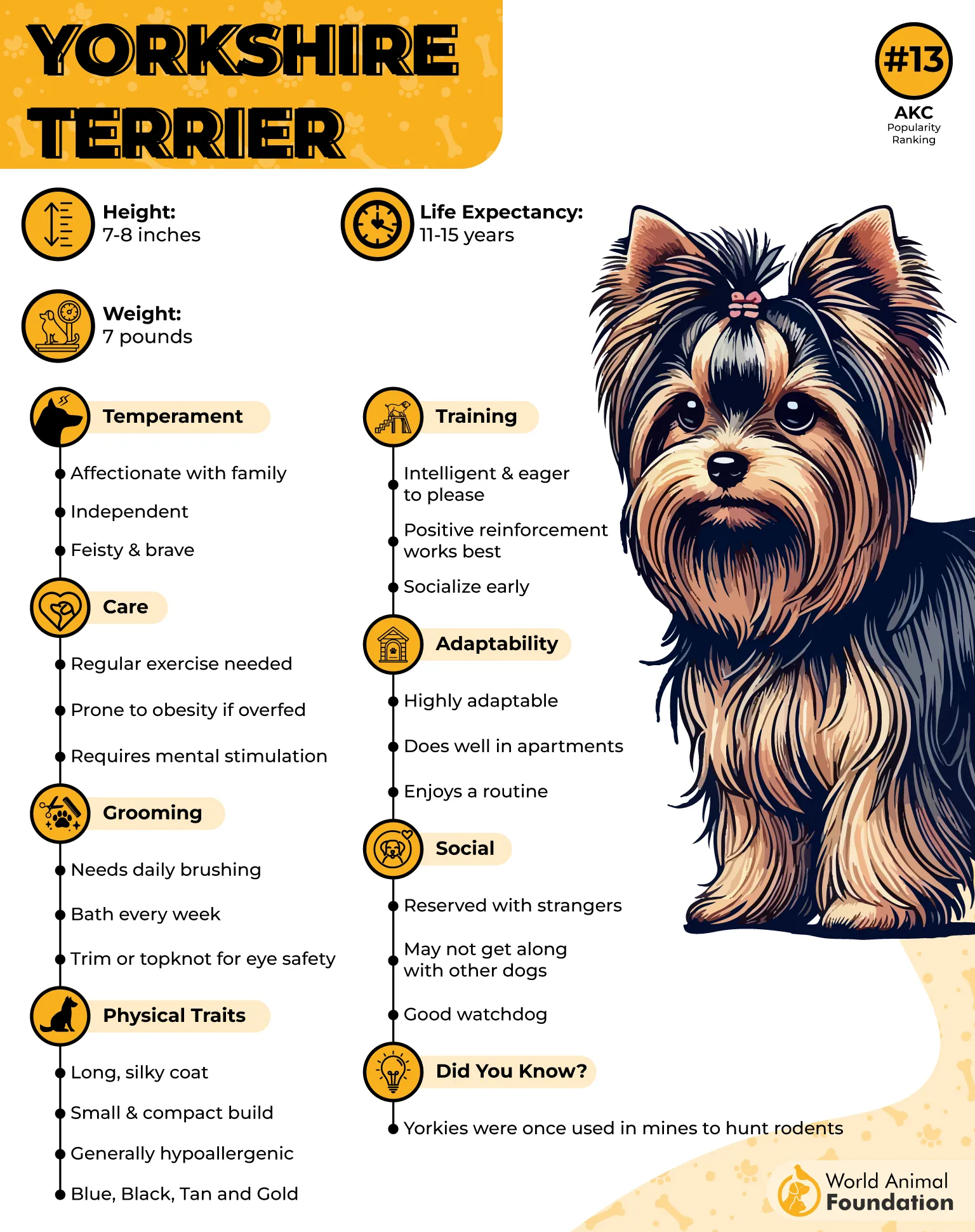
Why Yorkies Bark So Much
Yorkies might be tiny, but they make their presence known. They bark to alert their owners to strangers, new sounds, or anything that seems out of place. Their bark is sharp, high-pitched, and surprisingly loud for their size.
Because they form such strong bonds with their families, Yorkies can also struggle with separation anxiety, often barking or whining when left alone. To them, silence means something’s not right — and they’re quick to let you know.
What Makes Them Stand Out
Born alert: Always ready to announce anything unusual.
Persistent barkers: Quick, sharp barks that don’t quit easily.
Deeply attached: Their love for their owners can lead to separation anxiety.
Big personality: Brave, bold, and bursting with energy.
7. West Highland White Terrier
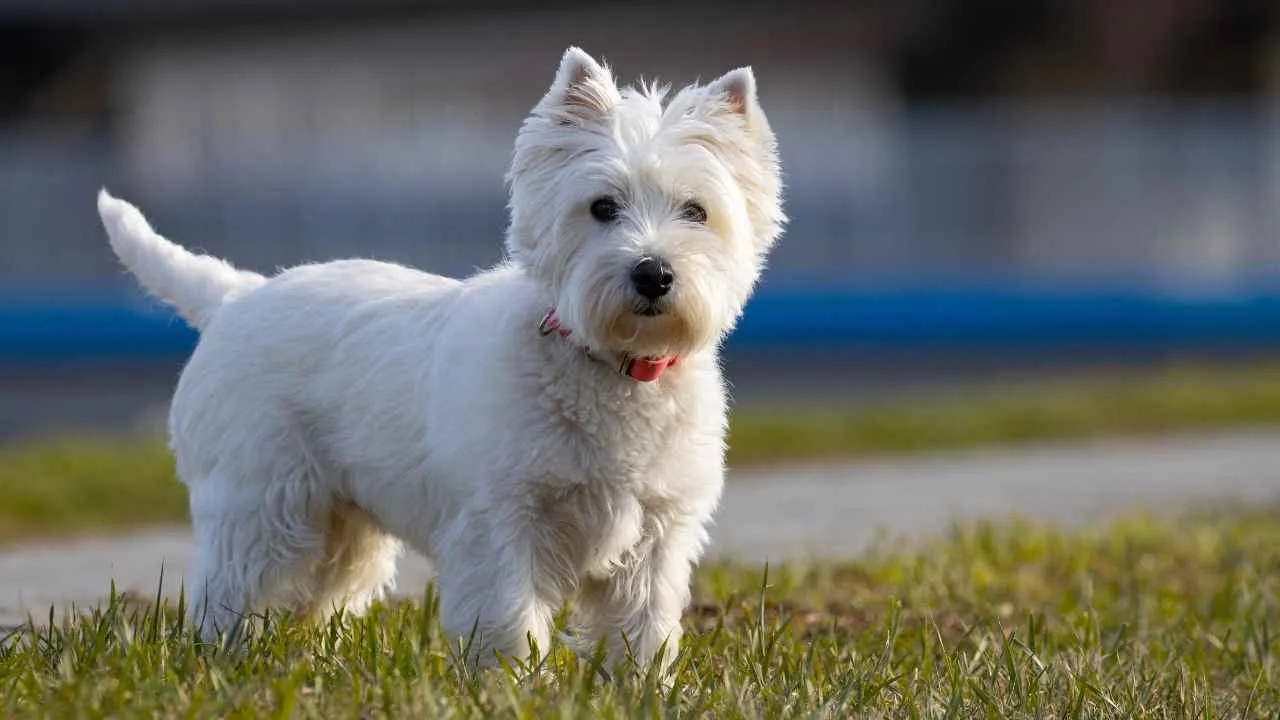
The West Highland White Terrier, lovingly known as the Westie, may have a long name, but this little dog is easy to recognize and hard to ignore.
Originally bred in Scotland to hunt rodents and small game, Westies are brave, independent, and full of character. Their charming looks often hide their bold, no-nonsense attitude — a true terrier at heart.
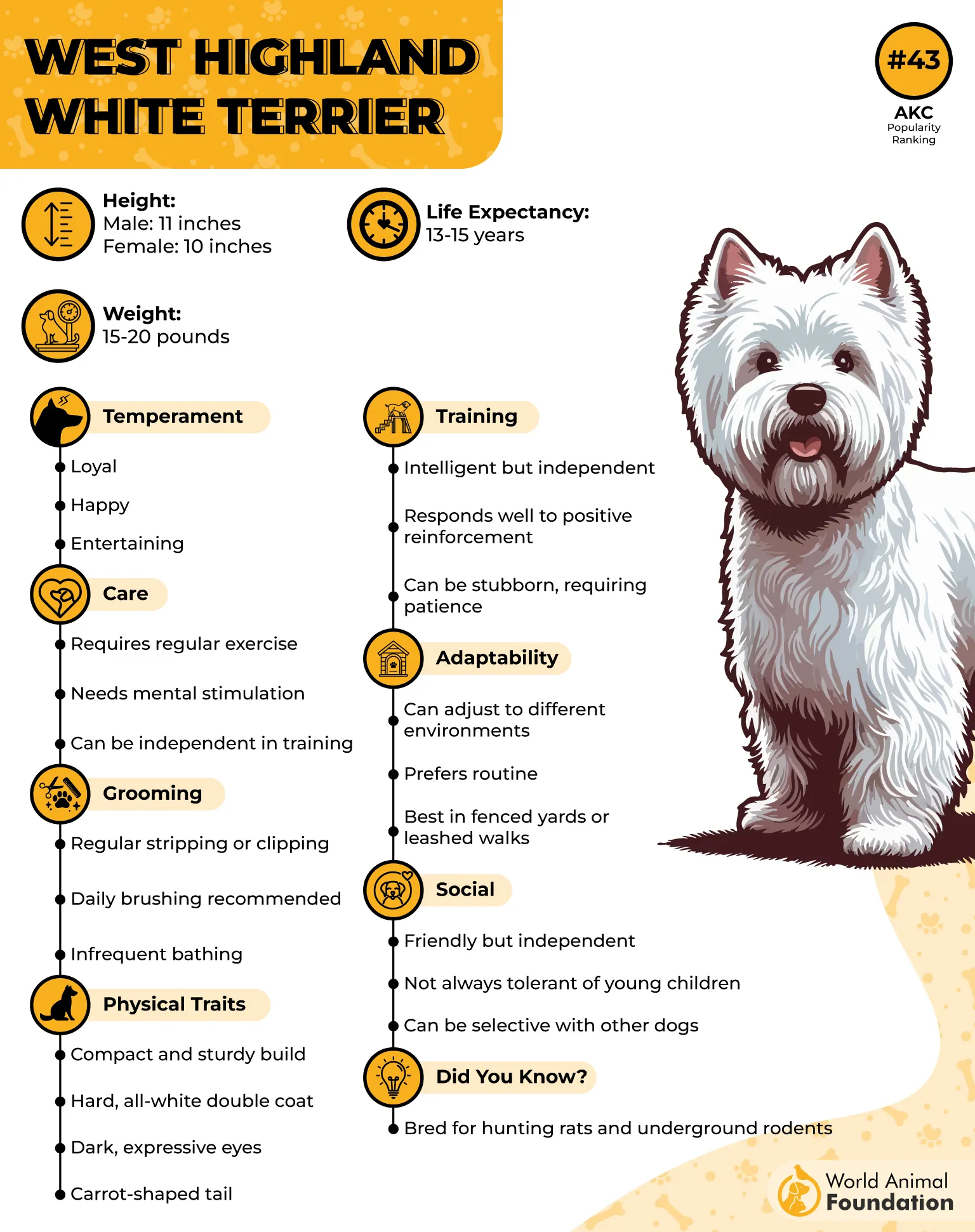
Why Westies Bark So Much
Royal Canin states that Westies are good watchdogs. They bark at just about everything — a squirrel outside, a passing car, or even their owner returning after a few minutes. Their bark isn’t the high-pitched yap you might expect from a small dog; it’s deep, firm, and full of purpose.
They’re quick to alert their families to anything unusual and see themselves as the guardians of their homes. Without enough exercise or mental stimulation, they can become even more vocal.
Key Traits to Know
Born hunters: Originally bred to chase small game and rodents.
Gruff bark: Strong, confident sound that demands attention.
Alert by nature: Reacts quickly to movement or unfamiliar sounds.
Independent yet loyal: Fiercely protective of their people and space.
8. Pomeranian
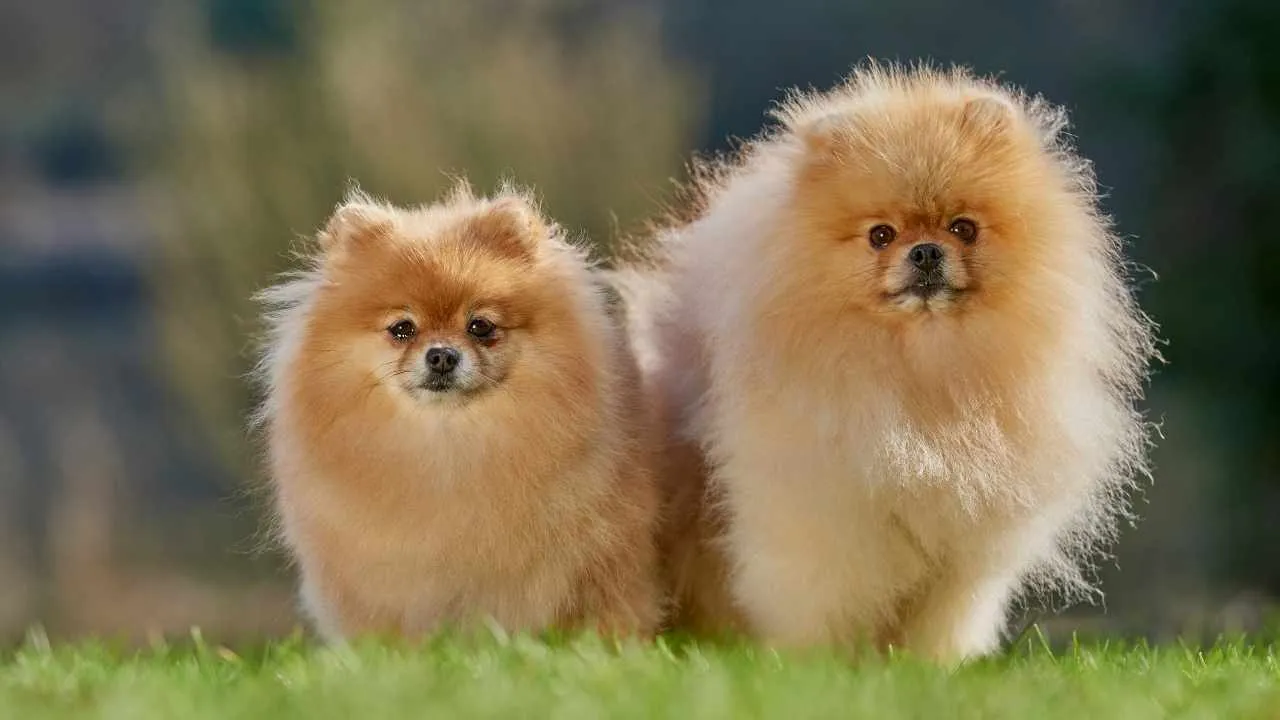
Pomeranians may be small, but they have huge personalities. These fluffy little dogs were bred as companion animals, yet they’ve never lost their instinct to alert and protect.
Their bold nature and boundless energy make them charming companions — but also some of the most vocal small dogs around.
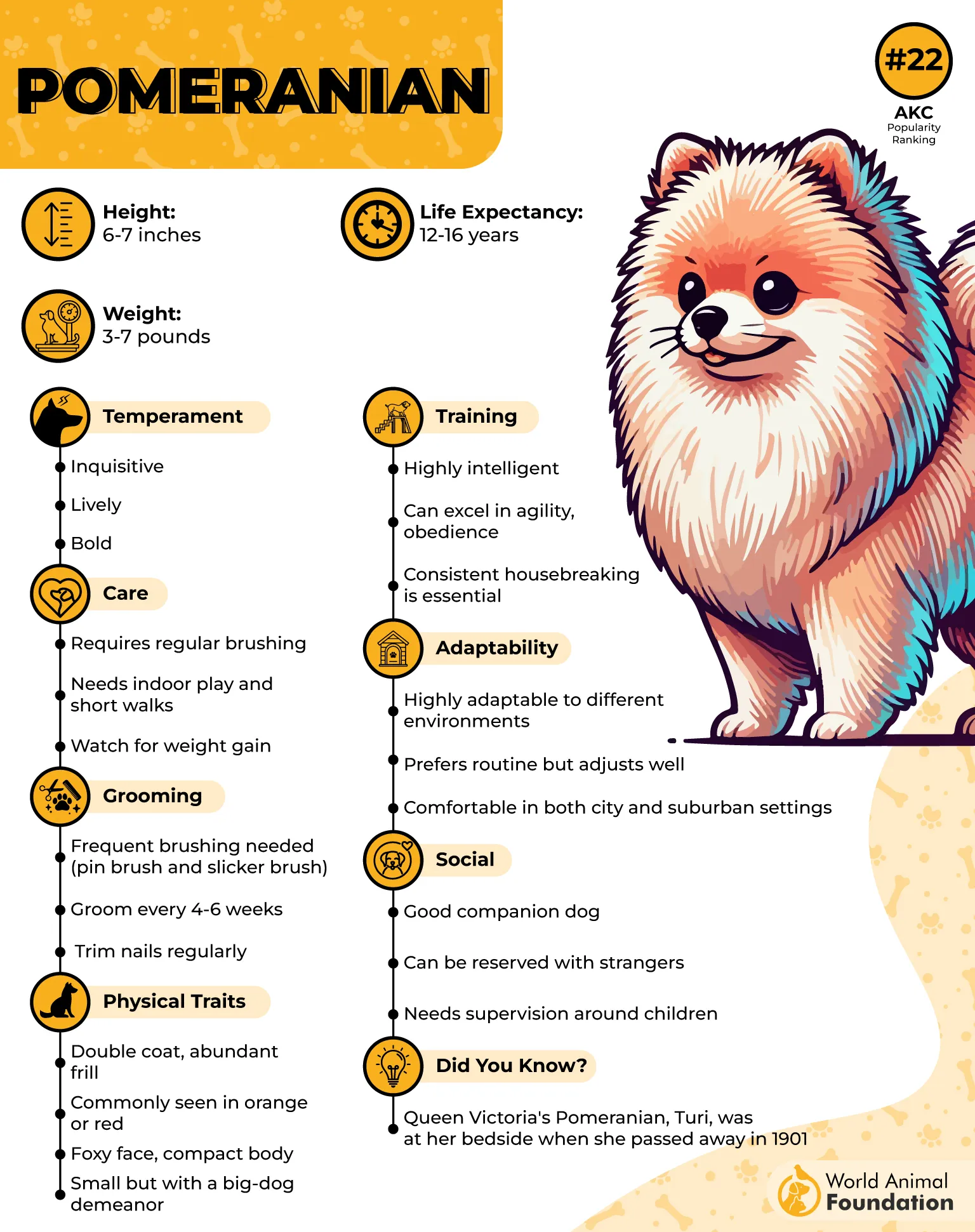
Why Pomeranians Bark So Much
Poms bark for many reasons — to warn, to get attention, or simply to share their excitement. They’re extremely alert and quick to notice anything unusual, which makes them great watchdogs. However, their constant barking can sometimes be a sign of anxiety or boredom.
Because of their small size, they can feel vulnerable, so barking becomes their way to feel in control. With consistent training, they can learn when it’s okay to speak up — and when it’s time to stay quiet.
Key Traits to Know
Natural watchdogs: Always alert and quick to sound the alarm.
Attention seekers: Bark to communicate or get noticed.
Highly vocal: Among the top small breeds known for barking.
Loyal companions: Form strong bonds with their families.
9. German Shepherd
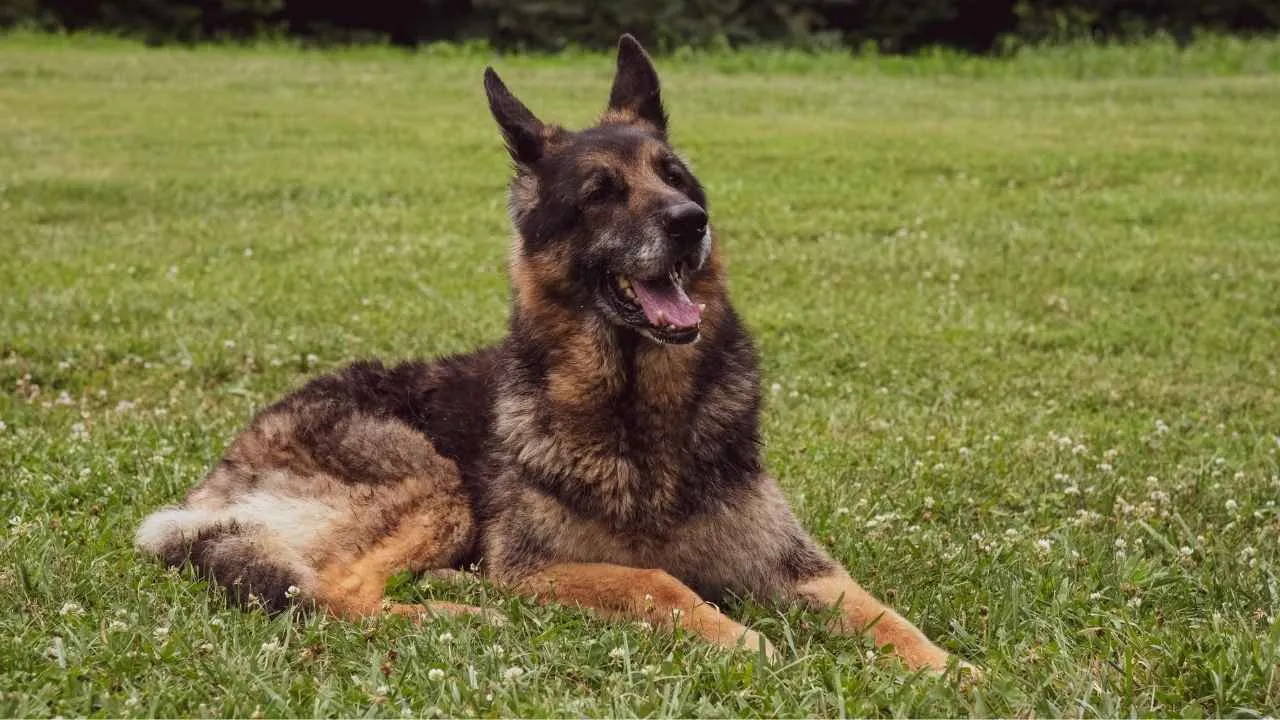
The German Shepherd is one of the most respected and recognizable dog breeds in the world. Known for their intelligence, loyalty, and courage, they have served as herding dogs, police dogs, and loyal family protectors.
Bred to guard and defend, German Shepherds take their job seriously — and they’re not quiet about it.

Why German Shepherds Bark So Much
This breed’s barking is part of its nature. German Shepherds bark to alert their families, protect their space, or communicate stress or excitement. Their bark is deep, powerful, and commanding, often stopping strangers in their tracks.

These large dogs are not aggressive by default — just highly alert and sensitive to changes in their environment. Without proper exercise or mental stimulation, boredom can make them even more vocal.
What Makes Them Stand Out
Born guardians: Naturally protective and alert to danger.
Powerful bark: Deep and firm — impossible to ignore.
Expressive: Use barks, howls, and grumbles to communicate.
Highly intelligent: Need structure, boundaries, and engagement.
Conclusion
When it comes to the loudest dogs, every bark tells a story. Some breeds were born to alert, others simply love to express themselves. While certain dog owners might find the noise challenging, it’s important to remember that barking is how dogs communicate.
Reading their body language and understanding what they’re trying to say can make a big difference. With patience, training, and consistency, even the most curious or stubborn pups can learn when to stop barking and when it’s okay to speak up.
Every breed, from those prone to chatter to those that rarely make a sound, has its own reputation and charm. Whether they’re loud, calm, or somewhere in between, dogs remain our most affectionate companions — ones our neighbors will surely have heard about, for better or worse!
Apart from the breeds mentioned above, other noisy dogs include Cairn Terrier, Standard Schnauzer, Basset Hound, Maltese, Cavalier King Charles Spaniel, and Bernese Mountain Dog.
However, if you prefer quiet dogs, you can consider Basenji, Greyhound, Shiba Inu, Whippet, Great Dane, Chow Chow, Newfoundland, and Irish Wolfhound.


